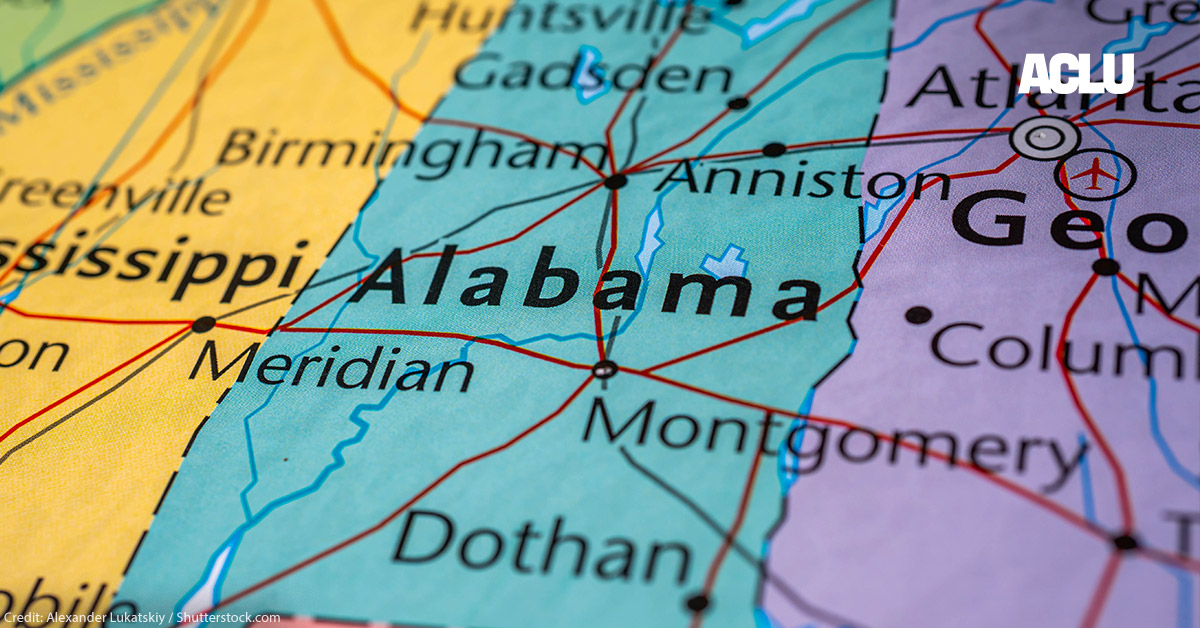Racial Justice
Allen v. Milligan
Whether Alabama’s congressional districts violate Section 2 of the Voting Rights Act because they discriminate against Black voters. We succeeded in winning a new map for 2024 elections which, for the first time, has two congressional district that provide Black voters a fair opportunity to elect candidates of their choosing despite multiple attempts by Alabama to stop us at the Supreme Court. Despite this win, Alabama is still defending its discriminatory map, and a trial was held in February 2025 to determine the map for the rest of the decade.
In May 2025, a federal court ruled that Alabama's 2023 congressional map both violates Section 2 of the Voting Rights Act and was enacted by the Alabama Legislature with racially discriminatory intent.
Status: Ongoing
View Case
Learn ļž–” ”∆Ķ Racial Justice
Featured
Arizona
Oct 2023

Racial Justice
Criminal Law Reform
Fund for Empowerment v. Phoenix, City of
Fund for Empowerment is a challenge to the City of Phoenix’s practice of conducting sweeps of encampments without notice, issuing citations to unsheltered people for camping and sleeping on public property when they have no place else to go, and confiscating and destroying their property without notice or process.
U.S. Supreme Court
Sep 2023

Racial Justice
Women's Rights
United States v. Rahimi
Whether 18 U.S.C. § 922(g)(8), which prohibits the possession of firearms by persons subject to domestic-violence restraining orders, violates the Second Amendment on its face.
U.S. Supreme Court
Sep 2023

Racial Justice
Muldrow v. City of St. Louis
Do employees claiming that they have been denied a transfer because of their race have to demonstrate in addition that the transfer caused a significant material disadvantage?
Court Case
Jun 2020

Racial Justice
Defy Ventures, Inc. v. Small Business Administration
Suing the Trump administration to lift its unlawful exclusion of businesses owned by people with criminal records from being eligible for Paycheck Protection Act funds
California
Mar 2019
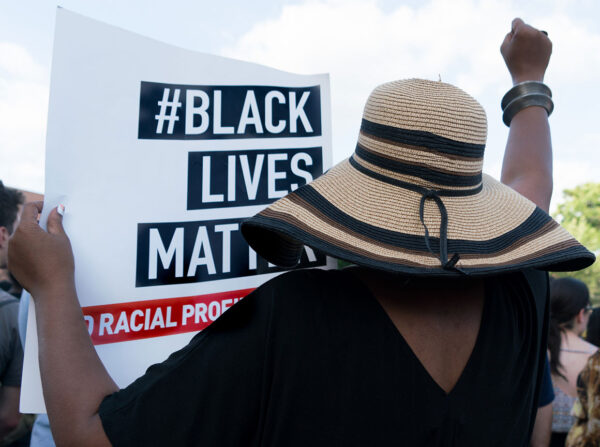
Racial Justice
MediaJustice, et al. v. Federal Bureau of Investigation, et al.
On March 21, 2019, the ļž–” ”∆Ķ and MediaJustice, formerly known as "Center for Media Justice," filed a Freedom of Information Act lawsuit seeking records about FBI targeting of Black activists. The lawsuit enforces the ļž–” ”∆Ķ and MediaJustice‚Äôs right to information about a 2017 FBI Intelligence Assessment that asserts, without evidence, that a group of so-called ‚ÄúBlack Identity Extremists‚ÄĚ poses a threat of domestic terrorism. The Intelligence Assessment was widely disseminated to law enforcement agencies nationwide, raising public concern about government surveillance of Black people and Black-led organizations based on anti-Black stereotypes and First Amendment protected activities.
Court Case
Aug 2015

Racial Justice
Disability Rights
S.R. v. Kenton County Sheriff's Office
A deputy sheriff shackled two elementary school children who have disabilities, causing them pain and trauma, according to a federal lawsuit filed today by the ļž–” ”∆Ķ, the Children's Law Center, and Dinsmore & Shohl.
All Cases
129 Racial Justice Cases
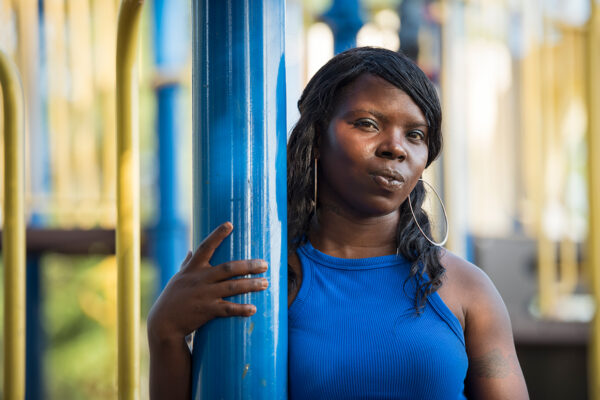
South Carolina
Mar 2023
Racial Justice
Smart Justice
Brown v. Lexington County, et al
This case is part of a nationwide fight against criminalization of poverty and, specifically, debtors' prisons. On June 1, 2017, the ļž–” ”∆Ķ's Racial Justice Program, the ļž–” ”∆Ķ of South Carolina, and Terrell Marshall Law Group PLLC filed a federal lawsuit challenging the illegal arrest and incarceration of indigent people in Lexington County, South Carolina, for failure to pay fines and fees, without determining willfulness or providing assistance to counsel. Those targeted by this long-standing practice could avoid jail only if they paid the entire amount of outstanding court fines and fees up front and in full. Indigent people who were unable to pay were incarcerated for weeks to months without ever seeing a judge, having a court hearing, or receiving help from a lawyer. The result was one of the most draconian debtors‚Äô prisons uncovered by the ļž–” ”∆Ķ since 2010.
Explore case
South Carolina
Mar 2023

Racial Justice
Smart Justice
Brown v. Lexington County, et al
This case is part of a nationwide fight against criminalization of poverty and, specifically, debtors' prisons. On June 1, 2017, the ļž–” ”∆Ķ's Racial Justice Program, the ļž–” ”∆Ķ of South Carolina, and Terrell Marshall Law Group PLLC filed a federal lawsuit challenging the illegal arrest and incarceration of indigent people in Lexington County, South Carolina, for failure to pay fines and fees, without determining willfulness or providing assistance to counsel. Those targeted by this long-standing practice could avoid jail only if they paid the entire amount of outstanding court fines and fees up front and in full. Indigent people who were unable to pay were incarcerated for weeks to months without ever seeing a judge, having a court hearing, or receiving help from a lawyer. The result was one of the most draconian debtors‚Äô prisons uncovered by the ļž–” ”∆Ķ since 2010.
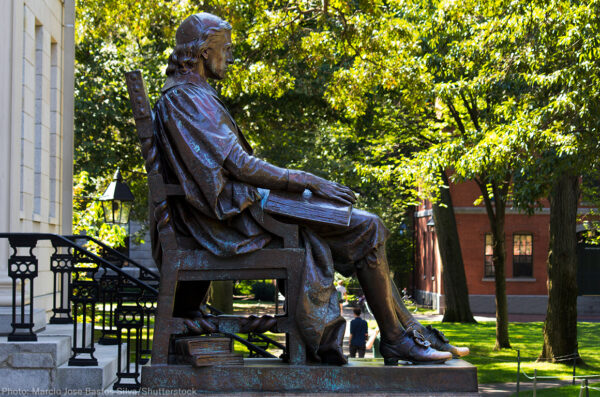
U.S. Supreme Court
Feb 2023
Racial Justice
Students for Fair Admissions v. Harvard; Students for Fair Admissions v. UNC
This lawsuit contends that the consideration of race as an affirmative action measure in admissions at Harvard and at UNC constitutes racial discrimination in violation of the Equal Protection Clause.
Explore case
U.S. Supreme Court
Feb 2023

Racial Justice
Students for Fair Admissions v. Harvard; Students for Fair Admissions v. UNC
This lawsuit contends that the consideration of race as an affirmative action measure in admissions at Harvard and at UNC constitutes racial discrimination in violation of the Equal Protection Clause.

U.S. Supreme Court
Feb 2023
Racial Justice
Biden v. Nebraska; Department of Education v. Brown
This case concerns whether the Department of Education acted within its administrative authority in issuing its student-borrower debt relief plan.
Explore case
U.S. Supreme Court
Feb 2023

Racial Justice
Biden v. Nebraska; Department of Education v. Brown
This case concerns whether the Department of Education acted within its administrative authority in issuing its student-borrower debt relief plan.
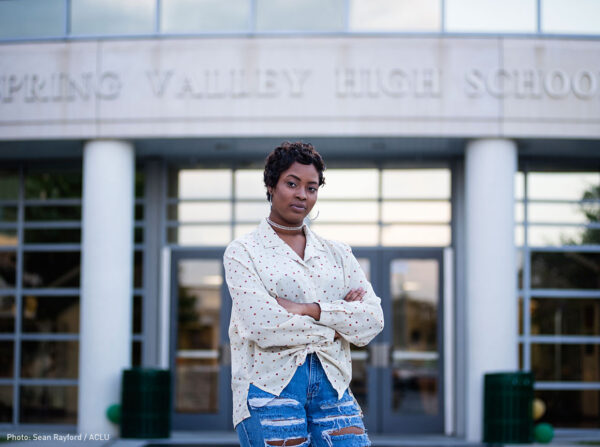
South Carolina
Feb 2023
Racial Justice
+2 Issues
CYAP v. Wilson
The ļž–” ”∆Ķ filed a federal lawsuit challenging South Carolina‚Äôs ‚Äúdisturbing schools‚ÄĚ and ‚Äúdisorderly conduct‚ÄĚ laws. The laws allowed students in school to be criminally charged for normal adolescent behaviors including loitering, cursing, or undefined ‚Äúobnoxious‚ÄĚ actions on school grounds and encouraged discriminatory enforcement against Black students and students with disabilities. The Fourth Circuit Court of Appeals affirmed the district court ruling that enforcing these laws against students was unconstitutional, affirming that subjecting students to criminal penalties under such vague rules interferes with their education and their future, and produces stark racial disparities. This decision should be instructive to the many school districts across the country where students continue to be charged with ‚Äėdisorderly conduct‚Äô and similar vague crimes.
Explore case
South Carolina
Feb 2023

Racial Justice
+2 Issues
CYAP v. Wilson
The ļž–” ”∆Ķ filed a federal lawsuit challenging South Carolina‚Äôs ‚Äúdisturbing schools‚ÄĚ and ‚Äúdisorderly conduct‚ÄĚ laws. The laws allowed students in school to be criminally charged for normal adolescent behaviors including loitering, cursing, or undefined ‚Äúobnoxious‚ÄĚ actions on school grounds and encouraged discriminatory enforcement against Black students and students with disabilities. The Fourth Circuit Court of Appeals affirmed the district court ruling that enforcing these laws against students was unconstitutional, affirming that subjecting students to criminal penalties under such vague rules interferes with their education and their future, and produces stark racial disparities. This decision should be instructive to the many school districts across the country where students continue to be charged with ‚Äėdisorderly conduct‚Äô and similar vague crimes.

U.S. Supreme Court
Oct 2022
Racial Justice
Voting Rights
Fitisemanu v. United States, et al. (Amicus)
On May 28, 2022 the ļž–” ”∆Ķ filed an amicus brief with the Supreme Court in a case, Fitisemanu v. United States, addressing the constitutionality of the federal law designating persons born in American Samoa as ‚Äúnon-citizen U.S. nationals.‚ÄĚ
Explore case
U.S. Supreme Court
Oct 2022

Racial Justice
Voting Rights
Fitisemanu v. United States, et al. (Amicus)
On May 28, 2022 the ļž–” ”∆Ķ filed an amicus brief with the Supreme Court in a case, Fitisemanu v. United States, addressing the constitutionality of the federal law designating persons born in American Samoa as ‚Äúnon-citizen U.S. nationals.‚ÄĚ
